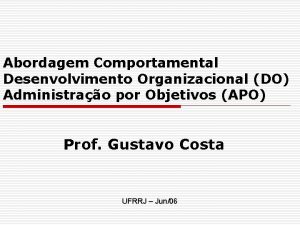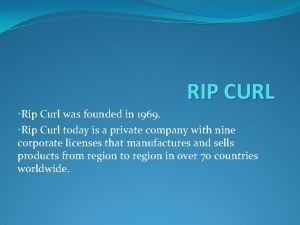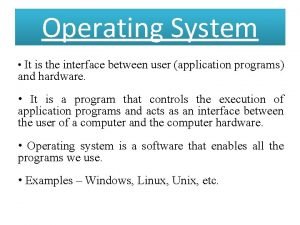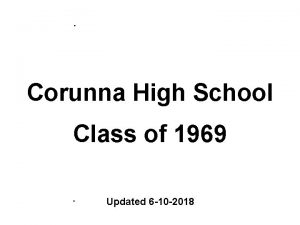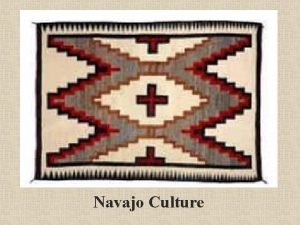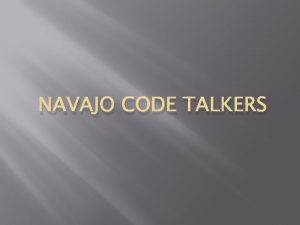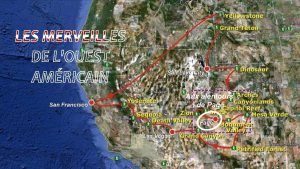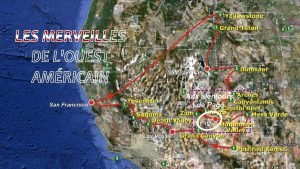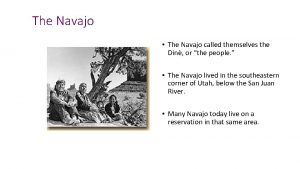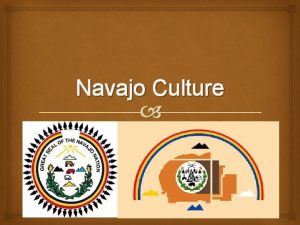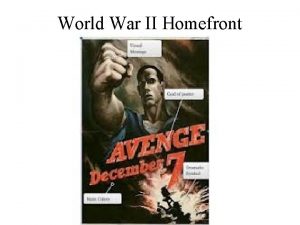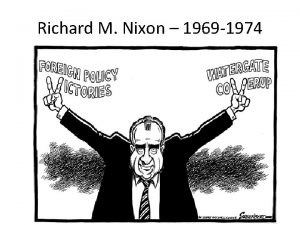The Navajo Times June 26 1969 Navajo Code
















- Slides: 16

The Navajo Times, June 26, 1969 Navajo Code Talkers just returned from their victory at Iwo Jima to take part in a refresher radio communication course at Maui, the Hawaiian Islands, in 1945.

As Americans and Japanese troops fought island to island in the Pacific during World War II, the Japanese used their considerable skill as code breakers to intercept many messages being sent by American forces. After the war, however, Japan's own chief of intelligence admitted there was one code they were never able to break— the Navajo code used by the Marine Corps.

The Home Front • Americans supported U. S. involvement • Hollywood studios produced hundreds of war movies • Radio stations broadcast war news • Foreign correspondents gave on-the-scene accounts of war in Europe • Office of War Info controlled war news at home

Life During War Time • Americans cut back on luxuries and necessities • People began growing vegetables in their backyards • West coast citizens practiced nighttime blackouts • Americans practiced air-raid drills • People worked longer hours

Norman Rockwell • Painted the positive side of American life.



Women at Home • Women were urged to work while men were away at war • 1940 to 1944 women in the workforce increased by 6 million • Female workers paid less than men • African American workers and women over 40 found employers unwilling to hire them

Discrimination During the War • African American workers found discrimination and opportunity • Secured better paying industrial jobs • play a key role in military • African Americans often found in segregated units and out of combat • Hate strikes were formed to keep black workers out of high-paying factory jobs

Mexican Americans/ Zoot-Suit Riots • WWII brought problems and opportunity for Mexican Americans as well • More than 300, 000 served in military as well, 17 earned Congressional Medal of Honor • Blue Devils, top combat unit, consisted of mostly Mexican Americans

Zoot Suit Riots • Mexican American youths adopted a fad • US sailors roamed docks in Los Angeles attacking men in zoot suits • Government eventually clamped down on sailors

Japanese-American Internment Camps • Internment - forced relocation and imprisonment • 119, 000 Japanese lived in California, Oregon, and Washington • 1/3 of these people born in Japan • the nisei (nee-say) had been born in U. S. • because of strong anti-Japanese feeling government decided to move them












